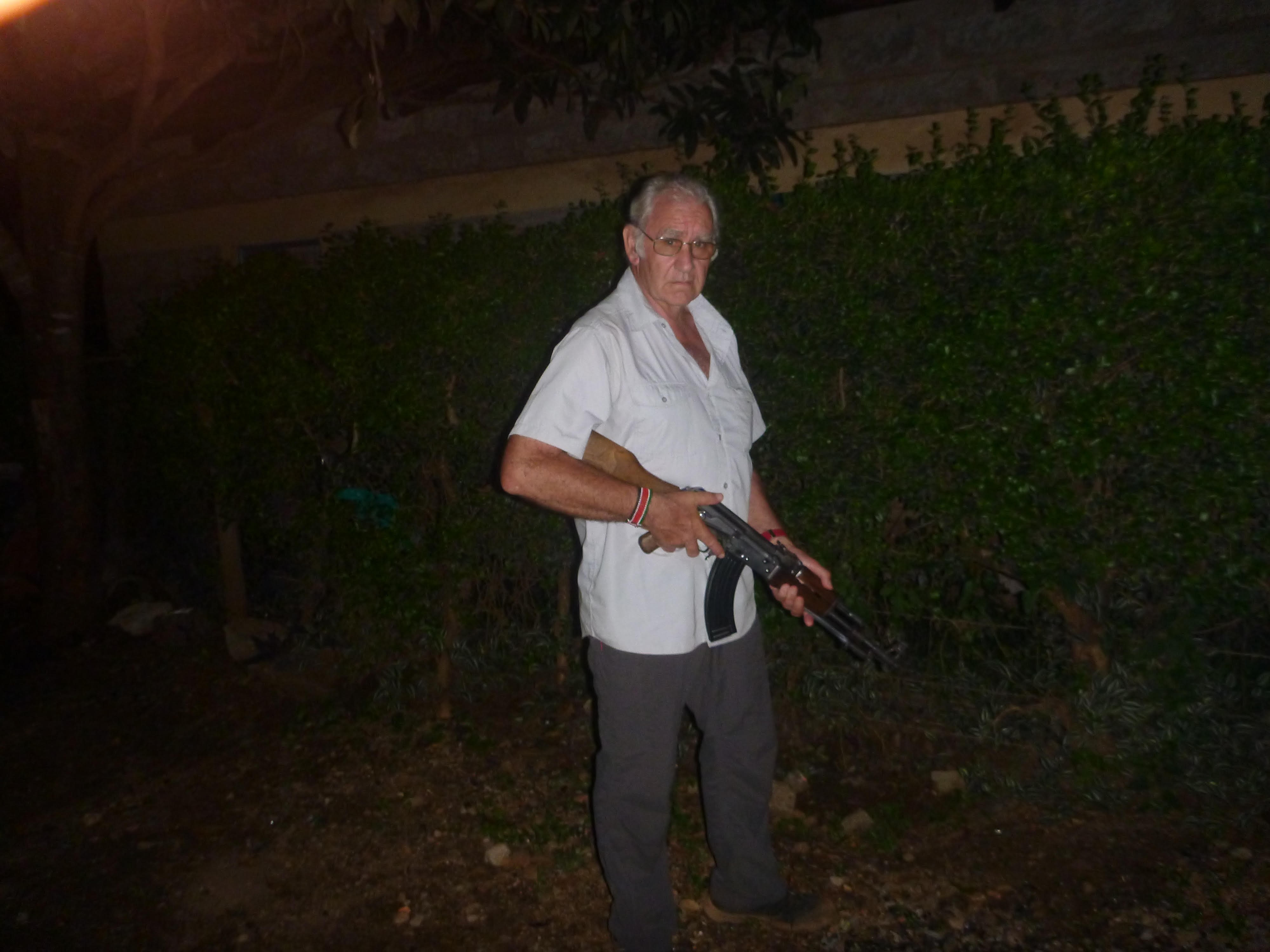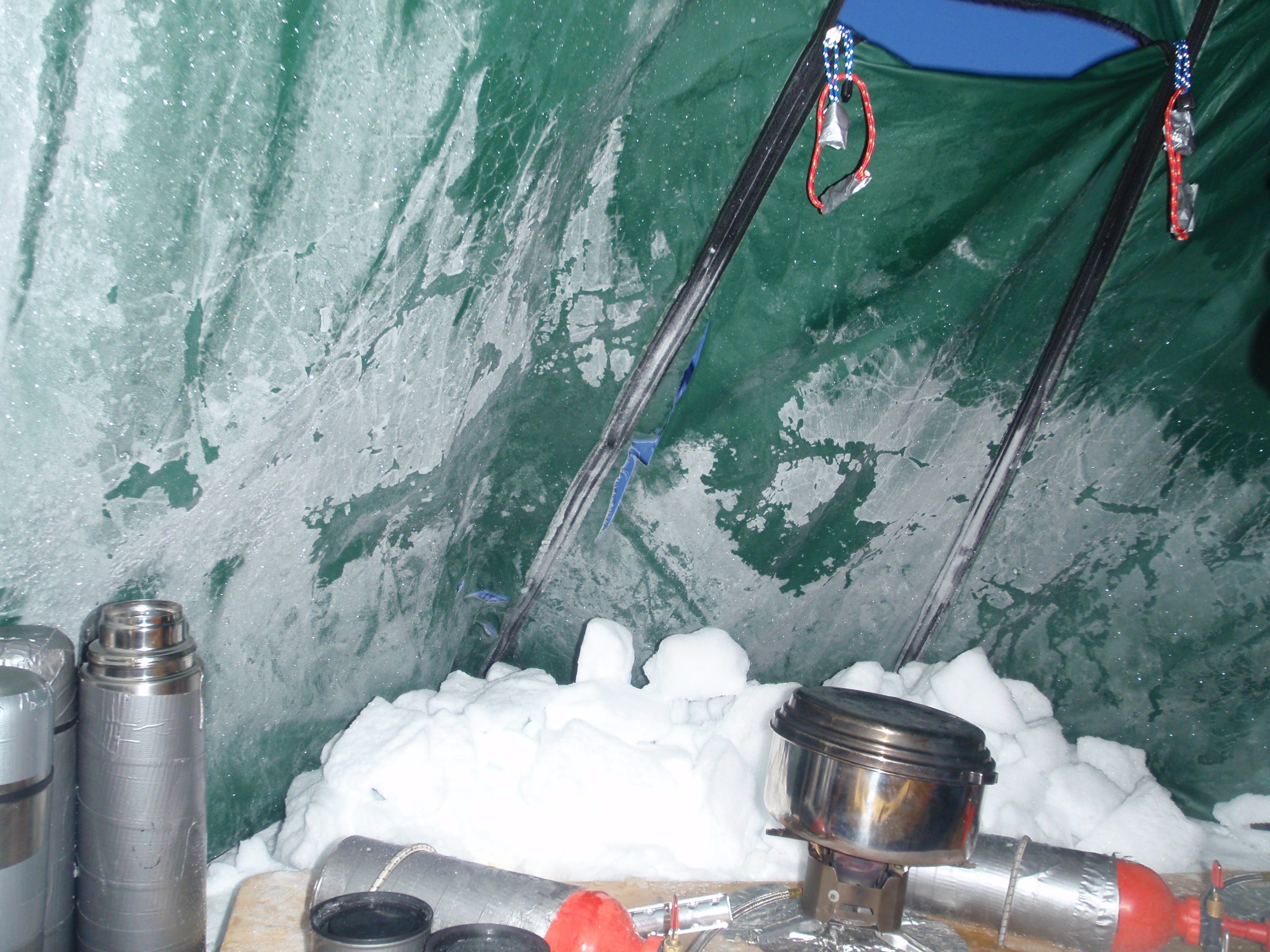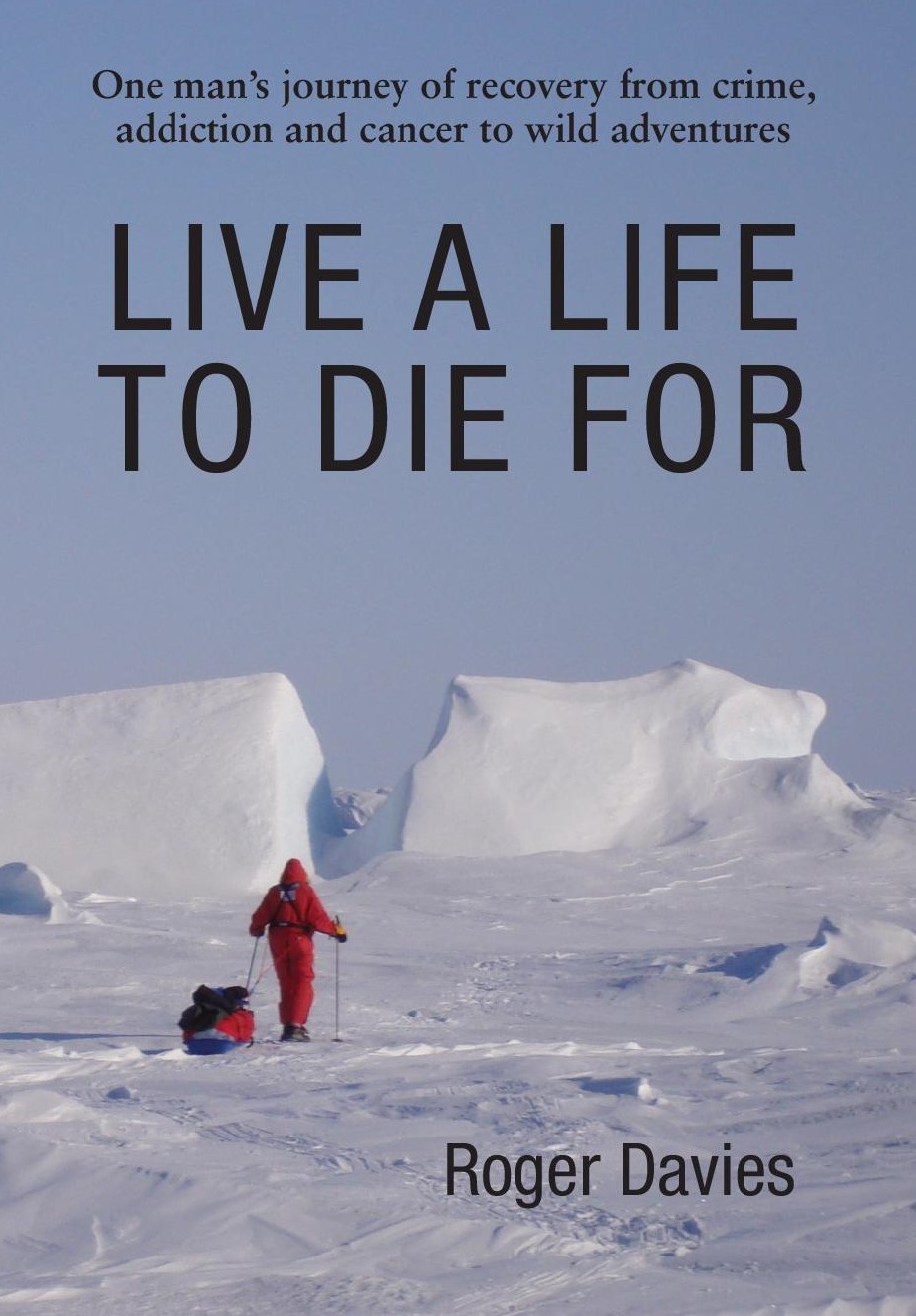Overcome Addictions: Your Ultimate Directory of Recovery Support Groups
Over my four-decade journey in recovery, (02.02.81) I’ve found that building strong social connections within a group or community is incredibly powerful and profoundly transformative.
These bonds have not only supported my personal growth but also created a network of mutual strength and resilience.
A proven way is by joining 12-step programs that are mutual aid groups designed to help individuals overcome addictions, compulsions, and other behavioural issues. These programs emphasize community support, personal accountability, and spiritual growth – key components of ‘Recovery.
These programs follow a set of guiding principles originally developed by Alcoholics Anonymous (AA).
Better known 12-step programs:
Addiction: Alcohol
Alcoholics Anonymous (AA): A community of strength and hope for individuals struggling with alcoholism. A fellowship where compassion meets understanding & Recovery
https://www.alcoholics-anonymous.org.uk/
Al-Anon: Al-Anon UK: Support for friends and family members of alcoholics who share their experience, strength & hope in order to solve their common problems. https://al-anonuk.org.uk/
Alateen family members of alcoholics:12-17 year olds inclusive. https://al-anonuk.org.uk/alateen/
Minnesota Model an abstinence-oriented, comprehensive, and multi-disciplinary approach to addiction treatment, grounded in the principles of Alcoholics Anonymous https://recovery.com/united-kingdom/minnesota-model
Adult Children Of Alcoholics (ACA) for those who were raised in alcoholic and other dysfunctional familieshttps://www.adultchildrenofalcoholics.co.uk/
Families Anonymous (FA) For family members and friends of individuals with drug, alcohol, or behavioural problems. https://famanon.org.uk/
Addiction : Drugs
Narcotics Anonymous (NA): For those dealing with drug addiction. https://ukna.org/
Marijuana Anonymous (MA): For those seeking to stop marijuana use. https://marijuana-anonymous.org/
Heroin Anonymous (HA) for a better way of life , free from Heroin addiction https://heroinanonymous.org/
Cocaine Anonymous (CA): For those seeking recovery from cocaine addiction.
https://www.cocaineanonymous.org.uk/
Crystal Meth Anonymous (CMA) For those struggling with crystal meth addiction
https://www.crystalmeth.org.uk/
Drug Addicts Anonymous (DAA) Drug problems – we can help https://www.drugaddictsanonymous.org.uk/
Nar-Anon For family members and friends of drug addicts. https://www.nar-anon.co.uk/
Pills Anonymous (PA) for recovery from prescription pill addiction
https://www.pillsanonymous.org/
Sexual Addicting Disorders
Sex Addicts Anonymous (SAA): Addresses issues related to sex addiction.
https://saa-recovery.org/
Sex and Love Addicts Anonymous (SLAA) For those struggling with sex and love addiction.
https://slaauk.org/
S-Anon : Hope and help for families and friends of Sexaholics https://s-anonuk.org
Love Addicts Anonymous (LAA) To recover from our unhealthy dependency on love
https://loveaddictsanonymous.org/
Sexual Recovery Anonymous (SRA) offers a path of recovery from sex addiction
https://sexualrecovery.org/
Survivors of Incest Anonymous (SIA) a resource to survivors of childhood sexual abuse
https://siawso.org/
CoSA : for those whose lives have been affected by compulsive sexual behavior.
Eating Addicting Disorders
Compulsive Eaters Anonymous. (CEA) For those struggling with compulsive overeating.
https://www.ceahow.org/en/
Overeaters Anonymous (OA): For those struggling with compulsive overeating.
https://www.oagb.org.uk/
Eating Disorders Anonymous (EDA): For individuals with various eating disorders.
https://eatingdisordersanonymous.org/
Food Addicts in Recovery Anonymous (FA) Help For Overeating, Under Eating, Obsession With Food, And Body Image
https://www.foodaddicts.org/
Food Addicts Anonymous (FAA) believes that food addiction is a biochemical disease that occurs at a cellular level
https://faacanhelp.org/
Anorexic and Bulimics Anon (ABA) for those suffering from an eating disorder
https://aba12steps.org/meeting-info/
Emotional Instabilities
Emotions Anonymous (EA): Focuses on emotional health and stability. https://emotionsanonymous.org/
Co-Dependents Anonymous (CoDA): Addresses co-dependency issues in relationships.
https://codauk.org/
Recovering Couples Anonymous (RCA) purpose is to stay committed in loving and intimate relationships
https://recovering-couples.org/
Emotional Anonymous (EA) for recovery from mental and emotional illness
https://www.emotionsanonymous.org.uk/
Pan Fellowship: to gain sobriety and to help others find peace and serenity using the Twelve Steps as the foundation for a new way of life.
http://www.panfellowship.org/welcome/
Addicting Disorders
Nicotine Anonymous (NicA) For individuals struggling with nicotine addiction.
https://nicotine-anonymous.uk/
Gamblers Anonymous (GA): Helps individuals with gambling addiction.
https://www.gamblersanonymous.org/ga/
Debtors Anonymous (DA): Aims to help individuals overcome
compulsive debt and spending.
https://debtorsanonymous.org.uk/
Workaholics Anonymous (WA): Helps individuals struggling with work addiction.
https://workaholics-anonymous.org/
Underearners Anonymous (UA) Underearning is many things, not all of which are about money.
https://www.underearnersanonymous.org/
Chronic Pain Anonymous (CPA) , for those who live with chronic pain and chronic illness.
https://chronicpainanonymous.org/
Dual Diagnosis Anonymous (UK) supports people with a combination of mental health issues and addiction/substance/alcohol misuse.
https://www.ddauk.org/
I acknowledge and accept that AA’s 12-step program is not for everyone — and that there are other options.
Ultimately, it is important to recognize that there are multiple recovery paths to achieving sobriety and wellbeing. Collaborating with various other support groups, even if they have different ideologies, can be extremely beneficial.
______________________________________________________________________________________________________________
Non-Twelve Step Recovery Groups
Non-twelve-step recovery groups offer alternative approaches to overcoming addiction, diverging from the traditional twelve-step method. Members of these groups may also participate in twelve-step meetings, as it is common for individuals to explore various recovery options. This exploration allows them to find the most effective support system for their unique needs. Since recovery is a highly personal journey, trying different types of meetings and groups can be beneficial for those seeking to overcome addiction to drugs and alcohol.
SMART Recovery. Self-Management and Recovery Training
Cultivates self-empowerment over addiction and addictive behaviours; it helps individuals to find the motivation within themselves to illicit and maintain positive change and therefore long-term sobriety
https://smartrecovery.org.uk/
Alcohol Change : A list of family support service and information of the main organisation (UK) providing support for families
Mind : For helping someone with their drug and alcohol use, including how to look after yourself.
Adfam : working to improve life for families affected by drugs and alcohol.
Women for Sobriety (WFS)
For addressing the unique needs and challenges of women in recovery
https://womenforsobriety.org/
Moderation Management (MM) https://moderation.org/
Is a behavioral change program for people concerned about their drinking
Refuge Recovery (RR) – A Buddhist Path to Recovery from Addiction. https://www.refugerecovery.org/
LifeRing Secular Recovery (LSR) – An organization of people who share practical experiences and sobriety support. https://lifering.org/
The Washingtonians – A defunct 19th Century mutual aid society founded by alcoholics with a desire to maintain sobriety
Association of Recovering Motorcyclists (ARM) – This association of recovering motorcyclists is a brotherhood of men recovering from alcohol and/or drug addiction. They support one another in remaining abstinent from drugs and alcohol while continuing to ride motorcycles together regularly.
https://www.arm-intl.com/
Recovering Women Riders (RWR) – Recovering women riders is a sisterhood of recovering women motorcyclists. Affiliated with the association of recovering motorcyclists, they also seek to support one another in remaining abstinent from drugs and alcohol while continuing to enjoy the lifestyle of riding bikes together.
https://arm-intl.com/rwr/rwr_contact.html
Secular Organizations for Sobriety (SOS)
Dedicated solely to helping individuals achieve and maintain sobriety/abstinence from alcohol and drug addiction, food addiction and more.
https://www.sossobriety.org/
Men’s Sheds: Provides a community that enables those who are older with experience in life, skills and expertise to come together, pursue hobbies, undertake community projects or talk with mates in order to facilitate longer, active, healthier, happier lives.
https://menssheds.org.uk/
Descriptions for Addiction Treatment Therapies
Cognitive Behavioral Therapy (CBT)
CBT is a widely used addiction treatment therapy focused on helping individuals unlearn the thinking patterns and behaviors that contribute to substance abuse. It guides patients in transforming negative thought patterns and developing healthier ones, fostering long-term change.
Motivational Interviewing
Motivational Interviewing strengthens a person’s motivation and commitment to maintaining abstinence by addressing the ambivalence that often impedes change. This technique is pivotal in behavioral healthcare, as it encourages individuals to embrace and desire positive changes.
Interpersonal Therapy
Interpersonal therapy aims to help individuals alter harmful thought and behavior patterns. Additionally, it equips them with communication tools to mend relationships, fostering a supportive environment for recovery.
Multi-Systemic Therapy
Multi-systemic therapy addresses multiple risk factors that contribute to addiction, including individual, family, work, school, community, or peer group issues. By targeting these areas, it offers a comprehensive approach to overcoming addiction.
Dialectical Behavior Therapy (DBT)
DBT, a variation of CBT, is particularly effective for women with alcohol abuse disorders and those with a dual diagnosis of alcohol addiction and borderline personality disorder. It combines strategies for emotional regulation and interpersonal effectiveness, tailored to the unique challenges faced by these individuals.
The good news is that if one treatment doesn’t suit you, there are other options available.
Many Professional active in ‘Addiction’, have long suspected that the benefits observed in 12-step treatment programs may not be solely attributed to the specific framework of the 12 steps. “The advantages of 12-step groups are not necessarily driven by the unique philosophy or strict adherence to the 12 steps themselves. Instead, they are more likely due to general factors such as ‘motivation for abstinence’ and the ‘social support’ that reinforces it. These benefits could presumably be obtained through participation in alternative programs to AA
My story, in Recovery, is a testament to the fact that no matter where you come from, no matter how dark your past, there is no limit to what you can achieve if you surround yourself with the right people and have the courage to chase the extraordinary.
#livealifetodiefor #MoreThanMyPast #itsrogerx
I want to tell you more about my extraordinary journey.





